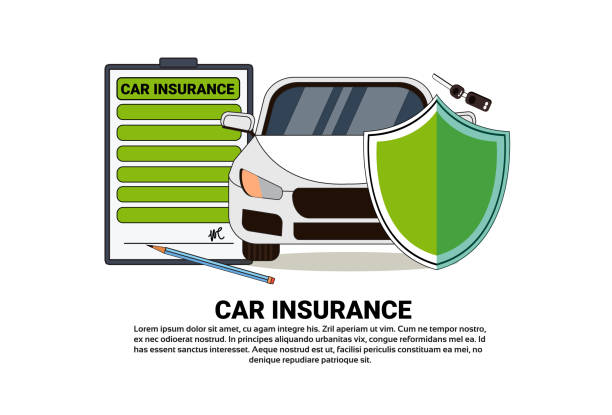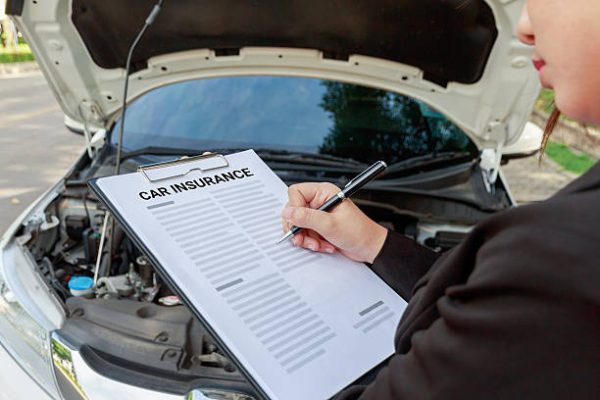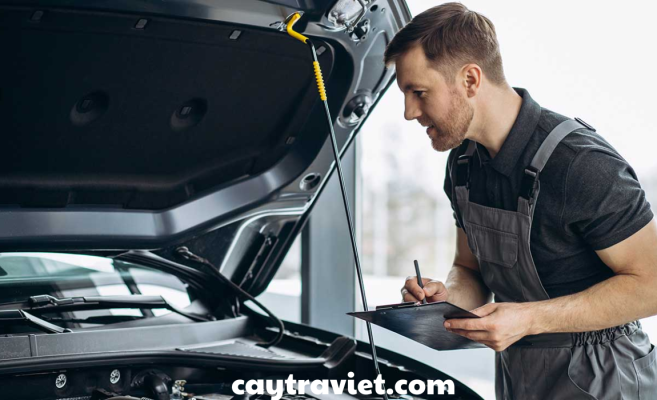Regular vehicle maintenance is crucial for ensuring your car remains reliable and safe to drive. Proper upkeep can help prevent breakdowns, extend the life of your vehicle, and ensure that it operates at peak performance. Here’s a comprehensive guide to vehicle maintenance tips that will keep your car running smoothly and safely.
1. Regular Oil Changes
Overview: Engine oil lubricates moving parts, reduces friction, and helps prevent overheating. Regular oil changes are essential for engine health.
Tips:
- Follow Manufacturer’s Recommendations: Check your owner’s manual for the recommended oil change interval, typically every 3,000 to 7,500 miles.
- Use the Right Oil: Ensure you use the correct type and viscosity of oil as specified by your vehicle’s manufacturer.
- Monitor Oil Levels: Regularly check the oil level using the dipstick and top up if necessary.
2. Check and Replace Air Filters
Overview: Air filters prevent dirt and debris from entering the engine and the cabin. Clean air filters improve engine performance and air quality.
Tips:
- Inspect Regularly: Check the engine air filter every 12,000 to 15,000 miles or as recommended in your owner’s manual.
- Replace as Needed: Replace the air filter if it appears dirty or clogged. A clean air filter ensures better fuel efficiency and engine performance.
- Cabin Air Filter: Replace the cabin air filter every 15,000 to 20,000 miles to maintain good air quality inside the vehicle.
3. Maintain Proper Tire Care
Overview: Proper tire maintenance improves safety, fuel efficiency, and vehicle handling.
Tips:
- Check Tire Pressure: Regularly check and maintain tire pressure according to the manufacturer’s specifications. Under-inflated or over-inflated tires can lead to poor handling and increased tire wear.
- Rotate Tires: Rotate your tires every 5,000 to 7,500 miles to ensure even wear and extend their lifespan.
- Inspect for Wear: Check for tire tread depth and look for signs of damage such as cracks or punctures. Replace tires when tread depth reaches 2/32 of an inch.
4. Inspect and Replace Brake Components
Overview: Brakes are critical for safety. Regular inspection and maintenance ensure that your braking system functions properly.
Tips:
- Check Brake Pads: Inspect brake pads for wear and replace them if they are worn down to 1/4 inch or less. Listen for squeaking or grinding noises, which can indicate worn brake pads.
- Inspect Brake Fluid: Check the brake fluid level and top up if necessary. Brake fluid should be replaced every 2 years or as specified by your manufacturer.
- Check for Leaks: Inspect the brake lines and components for leaks or signs of corrosion.
5. Monitor and Replace Fluids
Overview: Various fluids in your vehicle keep it running smoothly and efficiently. Regular checks and replacements are necessary to avoid issues.
Tips:
- Coolant: Check the coolant level regularly and replace it according to your vehicle’s maintenance schedule. Coolant prevents overheating and protects the engine.
- Transmission Fluid: Check the transmission fluid level and condition. Replace it as recommended in your owner’s manual to ensure smooth shifting and proper transmission function.
- Power Steering Fluid: Inspect and top up power steering fluid as needed to ensure easy steering and avoid damage to the steering system.
6. Inspect and Maintain the Battery
Overview: The battery provides the electrical power needed to start the engine and operate various components.
Tips:
- Check Battery Terminals: Ensure battery terminals are clean and securely connected. Clean any corrosion with a battery terminal cleaner.
- Test Battery Life: Have your battery tested regularly, especially if it is more than 3 years old. Replace it if it shows signs of weakness.
- Inspect for Leaks: Check for any signs of battery leakage or swelling, which can indicate a failing battery.
7. Ensure Proper Lighting
Overview: Functional lights are crucial for visibility and safety while driving.
Tips:
- Check All Lights: Regularly inspect headlights, taillights, brake lights, and turn signals to ensure they are functioning properly.
- Replace Bulbs: Replace any burnt-out bulbs promptly. Clean headlight lenses if they become cloudy to improve visibility.
- Adjust Headlights: Ensure headlights are properly aligned to provide optimal illumination without blinding other drivers.
8. Maintain the Cooling System
Overview: The cooling system prevents the engine from overheating and maintains optimal operating temperatures.
Tips:
- Inspect Hoses and Belts: Check radiator hoses and belts for signs of wear, cracks, or leaks. Replace them as needed to prevent overheating.
- Flush the Radiator: Flush and replace radiator coolant as recommended by your manufacturer to ensure efficient cooling.
9. Perform Regular Alignment and Suspension Checks
Overview: Proper alignment and a well-maintained suspension system are essential for handling and tire longevity.
Tips:
- Check Alignment: Have your vehicle’s alignment checked if you notice uneven tire wear or if the steering wheel is off-center.
- Inspect Suspension Components: Regularly inspect suspension components, including shocks and struts, for signs of wear or damage. Replace them if necessary to maintain ride quality and handling.
10. Follow the Manufacturer’s Maintenance Schedule
Overview: Adhering to the manufacturer’s recommended maintenance schedule ensures that your vehicle receives timely care.
Tips:
- Consult the Owner’s Manual: Review your vehicle’s owner’s manual for the recommended maintenance intervals and procedures.
- Keep Records: Maintain detailed records of all maintenance and repairs to track the vehicle’s service history and ensure that all recommended services are performed.
Conclusion
Regular vehicle maintenance is key to ensuring the reliability, safety, and longevity of your car. By following these maintenance tips, you can prevent issues, enhance performance, and enjoy a safe driving experience. Remember, a well-maintained vehicle not only performs better but also retains its value over time. Prioritize routine checks and stay proactive with maintenance to keep your vehicle in top condition.


